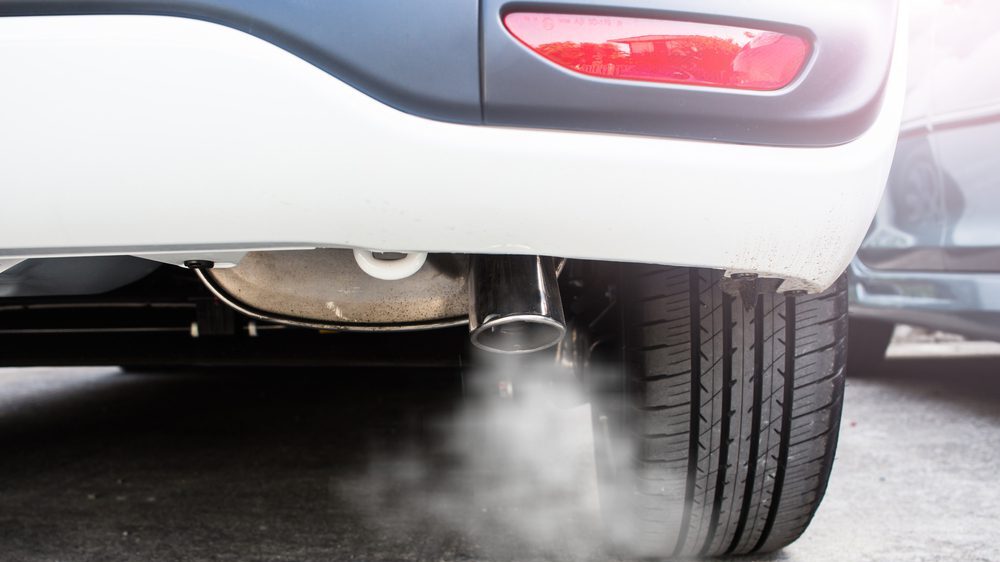
Photo: Ody Stocker / Shutterstock
France, Hungary, and Italy, alongside five other EU member states, are working to change Brussels’ emissions limits for cars. Policymakers say that certain elements of the ‘Euro 7‘ regulation, introduced late last year as part of the European Green Deal, should be weakened or scrapped altogether.
In a paper sent to the EU, the countries reportedly cited curbs on exhaust pipe emissions as part of the regulation which ought to be dropped. They said: “We oppose any new exhaust emission rules (including new testing requirements or new emission limits) for cars and vans.” Bulgaria, the Czech Republic, Poland, Romania, and Slovakia were the other signatories of the paper. Together, these would have enough votes to block the proposal should their demands not be met.
Talking at an MCC Brussels event on the evening of May 23rd, forecaster James Woudhuysen highlighted that “fragmentation is growing” in Europe on the question of energy and emissions. He poured particular scorn on the “single-minded focus on net zero,” which the authoring countries of the paper submitted to the EU stressed they were determined to meet.
They noted that their proposed changes are intended to intensify—not to slacken—the drive towards carbon neutrality. Curbs that come under the Euro 7 regulation would, the eight nations claimed, “divert the industry’s investments from achieving the net-zero transition pathway.” The authors added that money spent on improving exhaust emissions would be better spent on developing zero-emission vehicles. The European Automobile Manufacturers Association has also criticised Euro 7 plans for having an “extremely low environmental impact at an extremely high cost.”
Highlighting its green credentials, France this week unveiled plans to accelerate its greenhouse gas emissions cuts. Emmanuel Macron’s government is now working towards a 50% reduction by 2030 compared with 1990 levels. Prime Minister Élisabeth Borne said on Monday that “we’re asking for a bit from the smallest [polluters] and a lot from the biggest.” But the Élysée will undoubtedly be keeping a close eye on the response to its plans, given the gilets jaunes protests in 2018, which left “Paris in flames,” against fuel tax rises (later dropped). Reports make it clear that Mr. Macron is “wary of provoking consumers with costly initiatives.” This could be the reason officials are now considering raising money to help reach climate targets via a so-called ‘green tax’ on the richest 10%. One of the proponents for this tax said the government was “open” to the idea.
